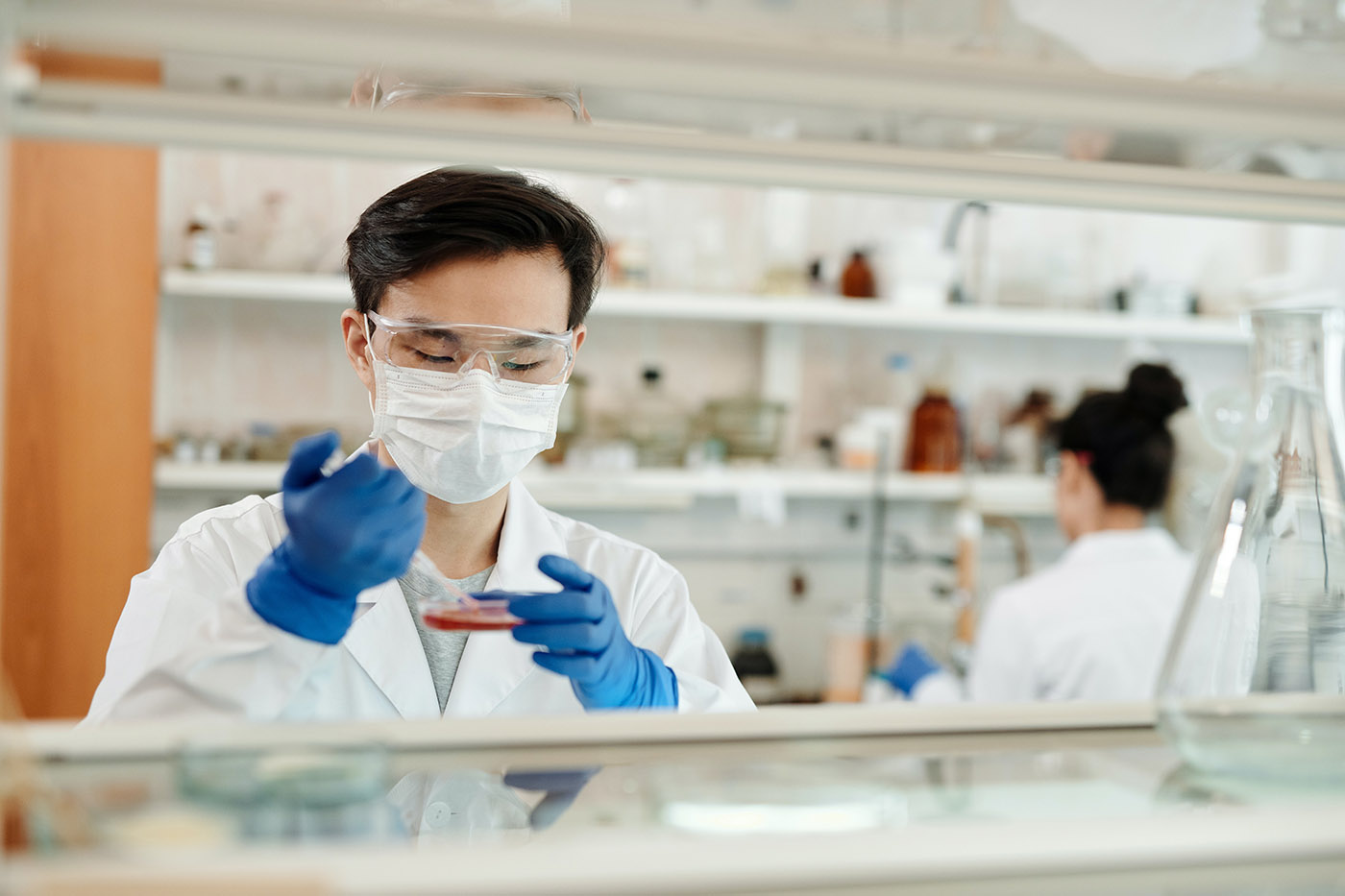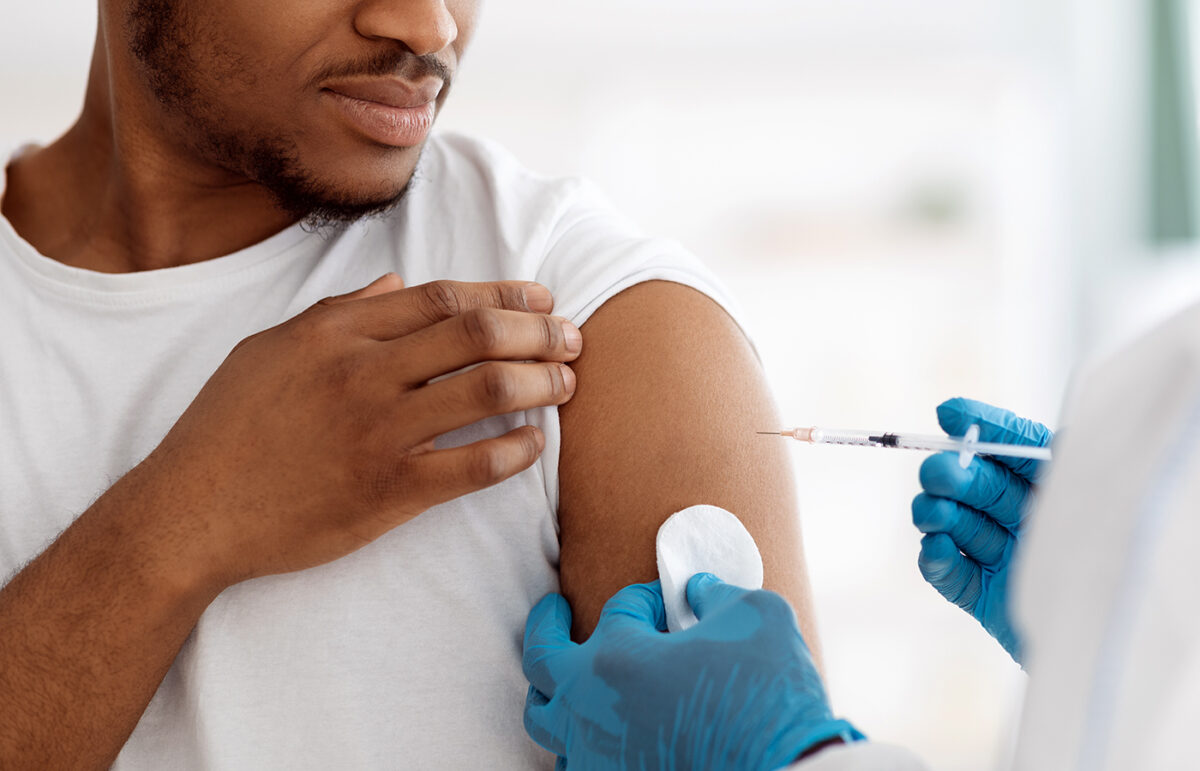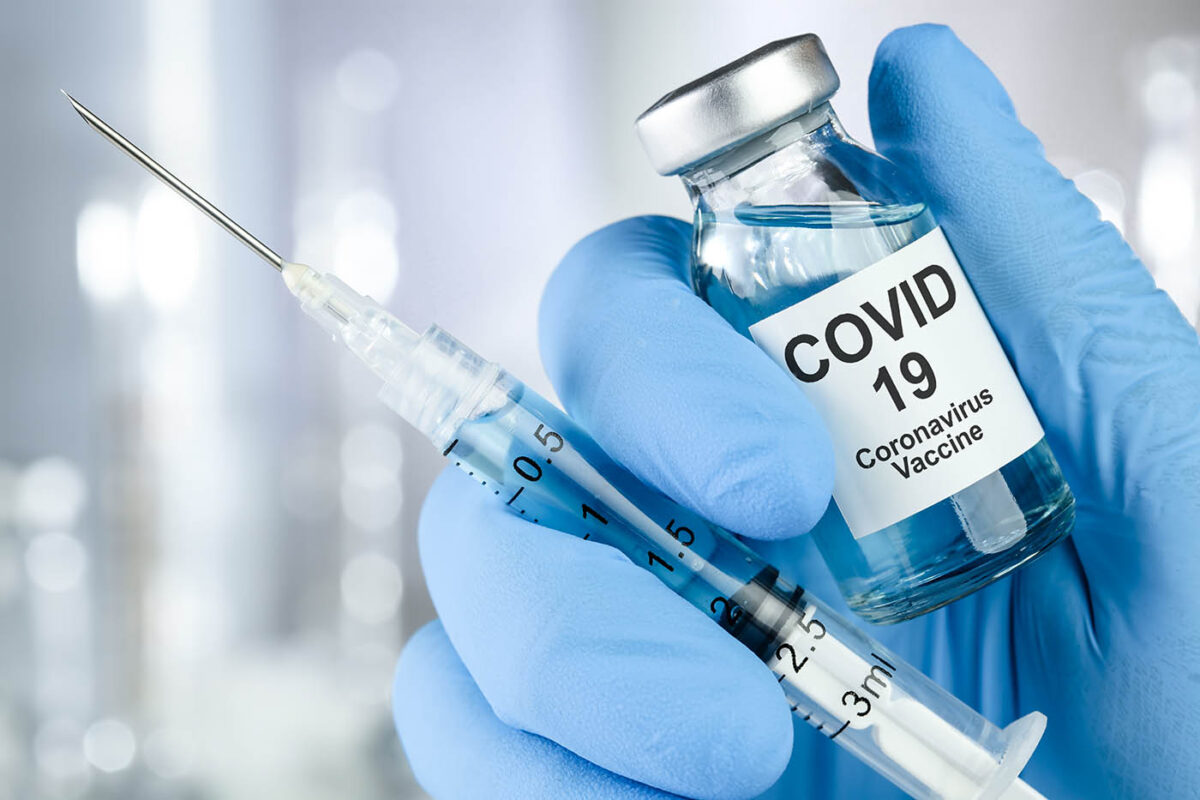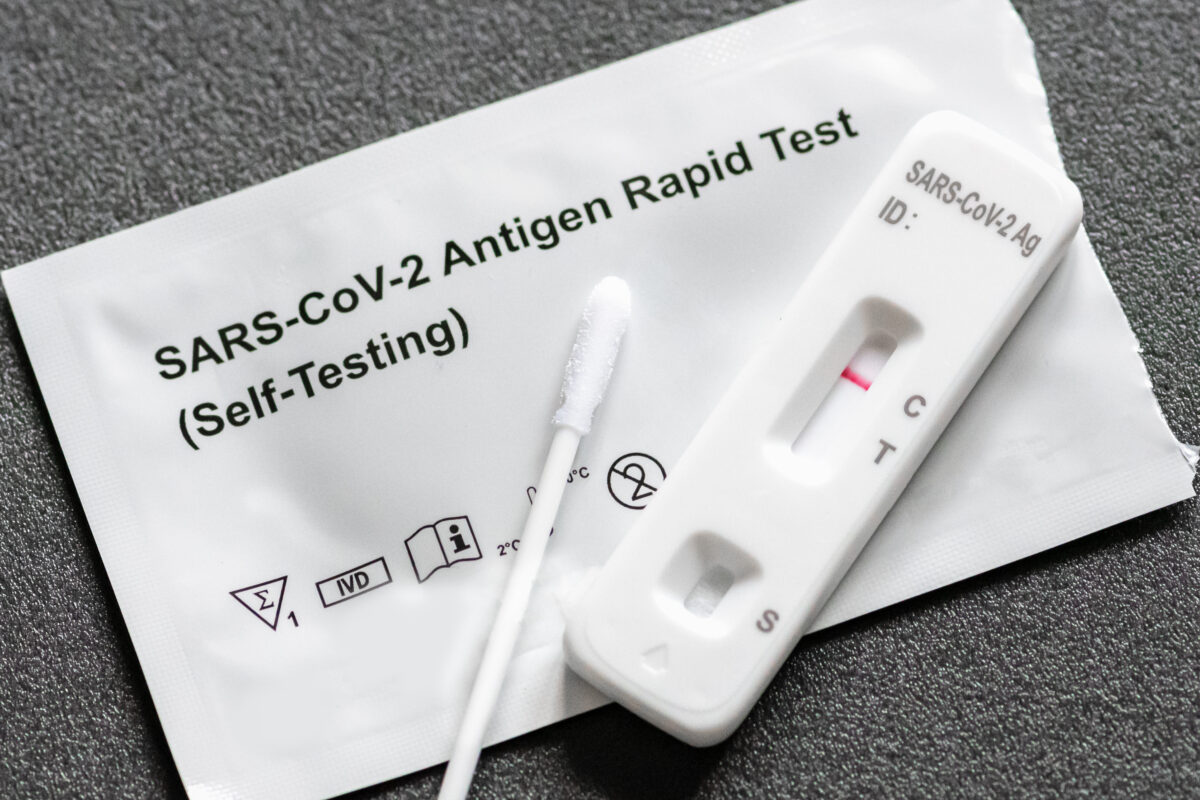
In this installment in our series explaining key terms and phrases used by public health officials in discussions of the COVID-19 pandemic, we look at the term “reagent.”
Previously, we discussed the term “assay,” which in the context of COVID-19 refers to a type of experiment done to detect the presence of the virus in cells. “Reagent” is another important term associated with testing.
In this context, a reagent is a chemical used in a reaction to detect or measure a substance of interest. A critical part of COVID-19 testing, reagents typically are used in a lab to test patient swab samples to determine a positive or negative COVID-19 result.
Like assays needed for COVID-19 testing, reagents have been in short supply. Without enough reagents, states are limited in the number of tests that can be performed, thus requiring the states to limit eligibility to receive a test. In Arkansas, a reagent shortage reported in March limited the number of tests that could be processed each day at the University of Arkansas for Medical Sciences. Since then, the state has continued to face challenges in obtaining enough of the reagent chemicals needed for testing. However, on Wednesday, April 15, state Secretary of Health Dr. Nate Smith announced that because of expanded testing capability in commercial labs, the state would relax testing criteria for providers to include individuals with COVID-19 symptoms if a provider has adequate testing supplies.
See more definitions of terms and other information about the pandemic on our website’s COVID-19 in Arkansas page.






